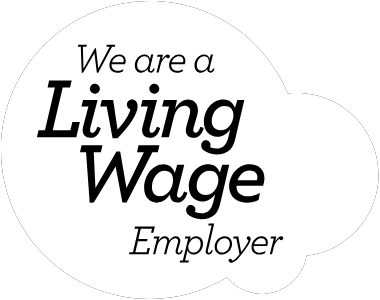Business risks are constantly evolving and how we reduce carbon emissions poses new potential threats as well as opportunities for companies engaged in that sector. This was one of the key points that came through in a webinar Wilful spoke at recently called ‘Risk and Reputation Management Strategies for Carbon Market Participants’.
Wilful Co-CEO, Narda Shirley spoke alongside carbon insurance specialist, Kita co-founder, Natalia Dorfman and Nigel Brook, Partner at law firm, Clyde & Co, and the leader of its Global Resilience and Climate Change Risk practice. Our moderator was Julien Jacob from our client, Puro.earth, the world-leading carbon crediting platform for engineered carbon removals.
Here’s a summary of what we had to say about reputation risk in the carbon markets:
When is a reputation at risk in the voluntary carbon market?
As a buyer of carbon credits, ask yourself these questions:
- How meaningful carbon is to your brand?
- Is carbon-neutral consumption baked into your brand promise?
- Are you under pressure to reduce your emissions from investors?
- Is your transition strategy under scrutiny from activist shareholders?
What can go wrong for sellers of carbon credits?
On the supply side, if you are selling carbon credits, your reputation depends on trust in your effectiveness in removing carbon dioxide from the atmosphere, so anything that reverses that, such as leakage or damage to the underlying operation is an issue. How your business affects local communities, the integrity of your leadership and responses to changes in regulation and policy are also factors.
It’s fundamentally good governance to keep identifying new reputational risks to anticipate ways in which these risks could surface and harm a business. As for any business risk, like fire, carbon reputation risk needs its own drills in order to be properly prepared.
How to prepare for a carbon crediting crisis:
1- The first step in readiness is discovery to identify what could go wrong and scenario plan how to respond. Best practice is to have a well drilled crisis committee with representatives from leadership, operations and comms.
2- Have clarity on systems and processes when there is an emergency so that no time is wasted figuring out who to call. The chain of command also needs to be clear with respect to who is the preferred spokesperson and who speaks in different geographies to field a local face.
3- Content & context also need to be pre-planned and media training will help identify the questions you could be asked.
4- Capture the output as factsheets and Q&As so that if a crisis does break, you won’t be starting with a blank sheet of paper. Be prepared to answer Why? Where? How? and How Much?
5- The carbon markets are jargon and acronym heavy. It’s really important to speak clearly avoiding language that can leave people feeling at best clueless, and at worst alienated and patronised.
How to respond to a carbon crediting crisis:
1- Whatever resources you think you are going to need to respond to a crisis, double it. From experience it’s hard to know how things will unfold – be ready.
2- Don’t work in silos, it’s never just a comms issue. Pull in the crisis committee with representatives from around the business functions, such as legal and leadership.
3- When the building is on fire, you call the fire brigade – do the same and draft in some expert, dedicated help.
4- Even though responding to media feels more urgent, focus at least the same amount of effort on your stakeholder communications. You need direct channels that you can control completely in terms of frequency and messaging so think about using the landing page of your website and your social media channels.
5- Get staff on side. Be transparent. You want them to be staunch defenders in their dealings with customers, investors, partners. Give them the tools to do a good job. They need a clear narrative. Be firm about who speaks to press and posts and responds on social media.
6- Statements can buy you time in an evolving or fast-moving situation until you can get the right person lined up to speak.
7- In a crisis situation, you are always on the back foot. The challenge is to be able to think clearly in a storm and change the narrative to focus on what happens next and move the story along.
How to recover from a carbon creditng crisis:
1- ‘Never waste a good crisis’. Behave with integrity to engender trust. Be open and transparent about how lessons are assimilated to improve the organization for the future.
2- Don’t take your eye off the ball once media pressure abates. Communicate how issues are being addressed consistently to all stakeholders. Control the narrative.
3- Pro-actively engage with influencers – trade bodies and associations, NGOs, commentators and play your part in industry consultations.
4- Commission some new research, engage in some thought leadership, co-ordinate a sector-wide initiative that will help refocus on the positives.
5- And finally, never assume it’s a one-off – it could happen again – be prepared!






